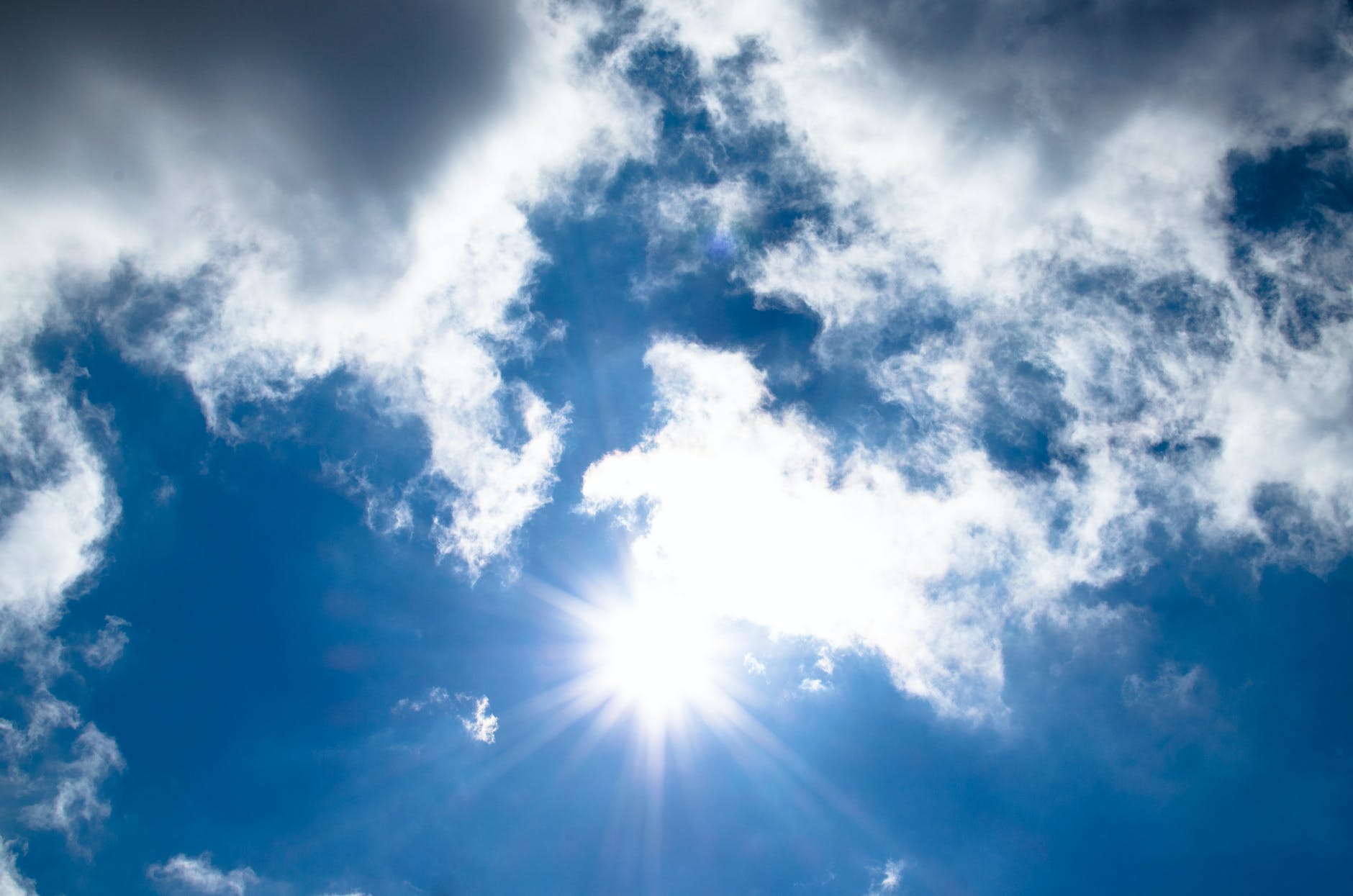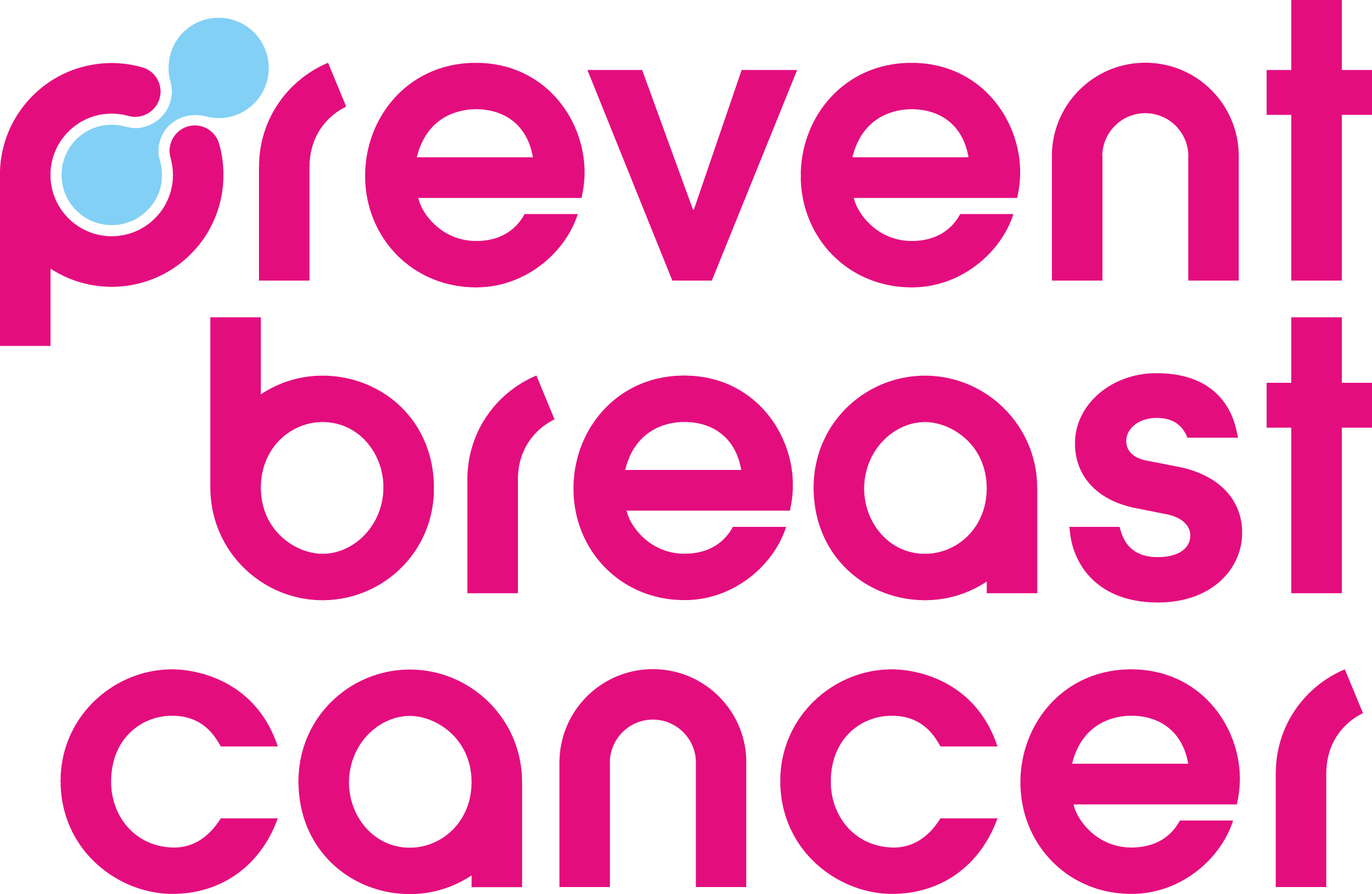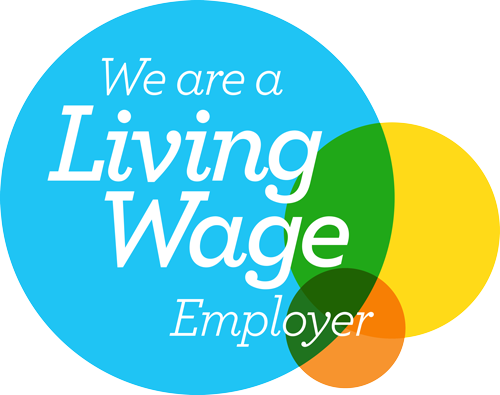We were intrigued to read a recent Daily Mail article that stated, ‘Women who work outdoors in the sunshine are 17% LESS likely to get breast cancer ‘due to high vitamin D levels”. This claim is based on a study conducted by Danish researchers which found that women who spend more than 20 years working outdoors have a 17% decreased chance of developing breast cancer after the age of 50.
We asked our experts for their thoughts on the research, and it quickly transpired that the findings are not as conclusive as they first appear.
Award-winning research dietitian, Dr Michelle Harvie comments:
‘The researchers conclude that greater protection from breast cancer is due to regular ultraviolet exposure from outdoor work which increases vitamin D levels. Working outdoors in natural sunlight could also be linked to better alignment with the natural body clock. This in turn optimises metabolism and hormone levels, and reduces the risk of cancer.
Most vitamin D is produced in the body with exposure to ultraviolet and sunlight. In the spring and summer, 10-30 minutes of sunlight between 11:00 and 15:00 produces an adequate amount of vitamin D. We also get some from food such as oily fish, red meat, eggs, some fortified cereals, fat spread and non-dairy milk alternatives, or from dietary supplements. The sun is not strong enough in autumn and winter, meaning we require daily supplements of 400 IU (10 micrograms). People who do not get regular sun exposure during the summer months, or who are well covered up, should take a supplement all year round. Similarly, individuals aged over 65 and people with darker skin (e.g. an African, African-Caribbean, or south Asian background) may also need a supplement, as they are less efficient at producing vitamin D.
It is also important to note that too much sun exposure can increase a person’s risk of developing skin cancer by 80%, and eye problems including macular degeneration’.
Senior Clinical Lecturer, Dr Sacha Howell states:
‘This is an interesting study, although there are some methodological issues. The authors were not able to assess whether the case and control groups were balanced for BMI, family history, or other hormonal factors that can influence breast cancer risk. This and the fact that vitamin D levels were not actually measured, means that we cannot reliably conclude from this paper whether or not working outdoors, or vitamin D levels, really reduce the risk of breast cancer’.
Professor Tony Howell notes:
‘The Danish paper has adjusted for age of first pregnancy and that there is unlikely differences in family history percentages’.
Professor Howell also says it is odd that there is no hormone replacement therapy data from the Danish research.
Professor Gareth Evans remarks:
‘The evidence for vitamin D reducing breast cancer risk is not compelling enough. The research into vitamin replacement and cancer risk is somewhat questionable’.
Dr Michelle Harvie explains that the ultimate take home message should be to limit breast cancer risk through exercising, limiting alcohol intake, and eating healthily. It is also important to take care when in the sun. Lastly, as stated, vitamin D supplements are not proven to protect against breast cancer, but it is recommended to take them in winter, if you are over the age of 65, or if you have naturally darker skin.
To read the Daily Mail article about the Danish research click here.
To read the Danish research paper click here.
About Prevent Breast Cancer
Prevent Breast Cancer is the only UK charity entirely dedicated to the prediction and prevention of breast cancer – we’re committed to freeing the world from the disease altogether. Unlike many cancer charities, we’re focused on preventing, rather than curing. Promoting early diagnosis, screening and lifestyle changes, we believe we can stop the problem before it starts. And being situated at the only breast cancer prevention centre in the UK, we’re right at the front-line in the fight against the disease. Join us today and help us create a future free from breast cancer. If you have any questions or concerns, email us today.




